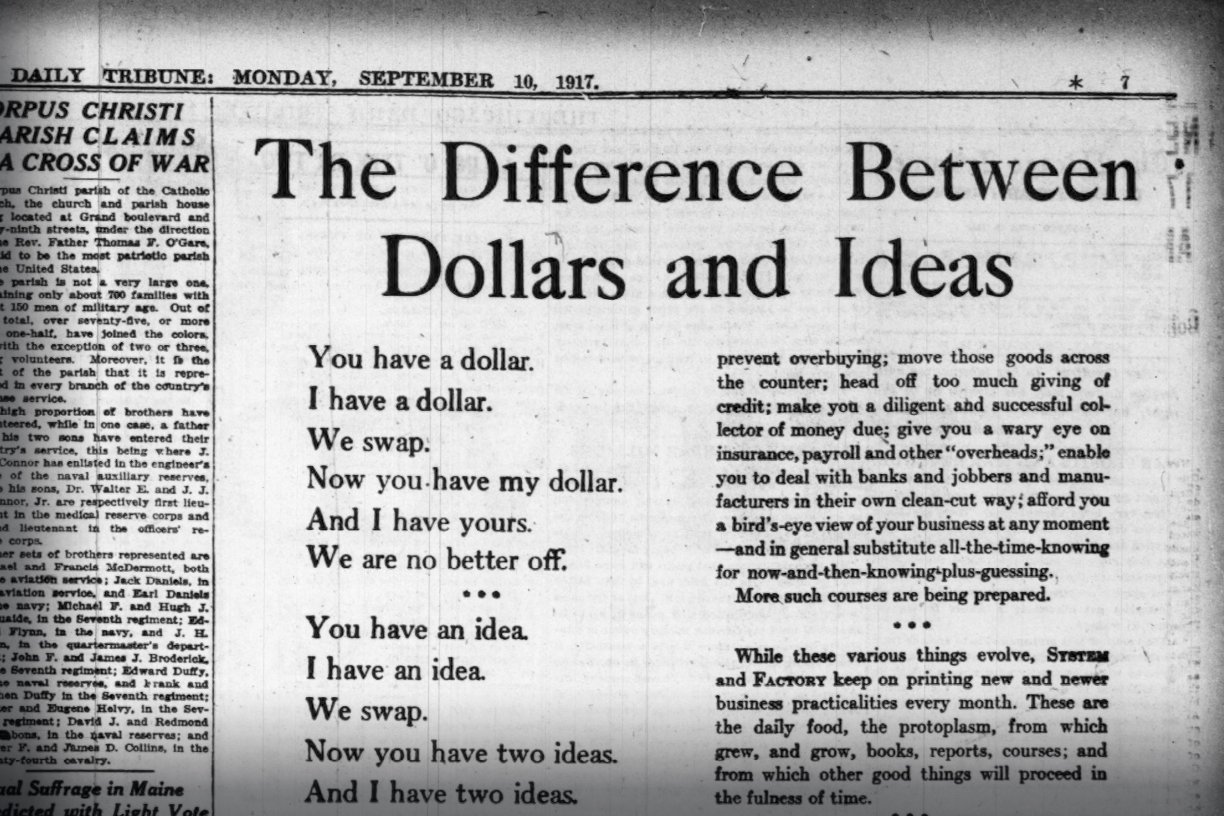......or more specifically let’s use our understanding of the brain to engage our coaching clients more fully in our practice, and support them in their goals and learning.
Over the last few years we have had some tantalising glimpses into the emerging field of neuroscience, made possible by extensive and growing research into the functioning of the brain using findings from fMRI scanners. For some time now I have been really excited by this and eager to understand what it really means for us as coaches, and how we can work with the findings in order to finesse our craft.
After wading through many clinical tomes (I lie....most were abandoned when the terminology became too complex and failed to hold my feeble attention!), and also dipping in to over simplified quasi-psychology, self-help books, I discovered Dr Geoff Bird. Geoff is a cognitive neuroscientist, i.e. a rare mix of psychologist and neuroscientist, who studies how the brain gives rise to the mind. He is a Senior Lecturer at Birkbeck College, University of London, a Research Fellow at University College London and has held numerous governmental policy advisor roles, explaining the relevance of neuroscience to society and business. If that isn’t enough, he has also just embarked upon training to become an executive coach and for me, that is where some of the really interesting stuff begins!
In this article I want to share a couple of Dr Birds’ findings and offer some implications for us as executive coaches.
Recognising the amazing nature of the brain isn’t new. Hippocrates said in 400 BC, “From the brain and from the brain only, arise our pleasures, joy, laughter and jests, as well as our sorrows, pains, griefs and tears”. Note the emphasis on emotion, with Hippocrates proving he was well ahead of his time in many ways, as neuroscience research has confirmed unequivocally that in the brain emotion precedes rational thought. Although we may believe that we are purely rational beings, all behaviour is driven by emotion, even though we might not be aware of this, or want to believe it in the moment. As coaches we must work with the emotional centre of the brain, the limbic system, as well as the cortex or logic, rational centre of the brain. A challenge for some coaches, and merely asking “What do you think?” is a good start, and much more powerful when accompanied by, “And how do you feel?”
One of the most interesting revelations from Dr Bird is that imitation really does improve trust and social interaction. When we are closely attuned to another human being we match almost automatically, as the mirror neurons at the back of the brain make us copy body language, voice tone, energy etc. Being on the receiving end of this is experienced as being listened to and not judged – a great place for developing trust and encouraging openness and honesty. This will happen automatically when we are enjoying time with our friends and loved ones, but when we first meet our clients, some of neuroscience’s research findings suggest that a way of accelerating rapport is to mirror body language and encourage the client to speak as soon as possible, so that we as coaches can mirror voice tone and imitate language. Eye contact is also crucial, as it encourages fluent and frequent speech. Lack of eye contact has the opposite effect – a compelling reason not to take notes during the session! This also links to the importance of using the clients’ language and remaining as ‘clean’ as possible in our interventions, avoiding our own assumptions and judgements.
For me, one fascinating insight from Bird’s work is the link between conscious intention and unconscious brain activity. Simplistically, the intention to act happens out of awareness and recent clinical tests published in the journal Nature Neuroscience confirm that through monitoring brain activity in a fMRI scanner, scientists could predict when someone was going to choose between two options, and what they were going to choose, up to 10 seconds before the test volunteer knew about it themselves! Putting this together with the activity of the mirror neuron system, we would be well advised to rid ourselves of any negative thoughts we might have about the client before they enter the room!
Moving on to the main function of coaching – bringing about changes in the clients behaviour or thought in order to enable them to reach their goals, i.e. working to support their insight and learning – and what we can glean from brain research. As we know from our coaching experience, clients often bring limiting beliefs and patterns of behaviour that are no longer serving them well and are blocking them from doing or achieving something more beneficial. These habits have often been around for decades and a pattern of repetition and reinforcement has strengthened the neural pathways that support these beliefs and behaviours so much, that the response can become automatic and largely unconscious. This patterned learning capability is vital to protect us as human beings and allow us to flourish. Imagine how overwhelming life would be if we had to re-learn what is safe to eat, what poses a physical danger or threat to us, or how to drive a car or remember what constitutes ‘acceptable’ societal norms.
When working with our coaching clients on unhelpful beliefs and behaviours, neuroscience confirms that ‘un-learning’ habits is very slow, requiring lots of repetition to create new neural pathways which grow in strength, eventually replacing the less helpful pathways which wither and die. This habit learning and unlearning takes place in the ancient part of the brain, and to be successful and ‘hard-wire’ more positive patterns of thought and action takes substantial repetition, both within and between coaching sessions.
Success can be amplified through additionally engaging the newer (in evolutionary terms) pre-frontal parts of the brain, through involving attention and emotion/motivation. This has been proven to change the routing of neural networks in the moment, although it is not yet understood how this change happens. So what does all of this mean for us as coaches? I believe it confirms some of what we may already have experienced in our work, that goal directed learning is hugely beneficial and getting the client to tap deep into their feelings and assumptions about a change can literally start to alter their brain chemistry and wiring. This then impacts on how they view themselves and the world. You can see and experience this with a client when they have one of those ‘ahah’ breakthrough moments of new insight! This coupled with repetition, commitment, hard work and a real intention to change, can bring about shift and transformational change.
As we approach the end of another year and look forward to the next and the fresh coaching challenges ahead, I am really looking forward to integrating more from the emerging field of neuroscience into my coaching practice. Happy and successful coaching – enjoy using your amazing brain!







